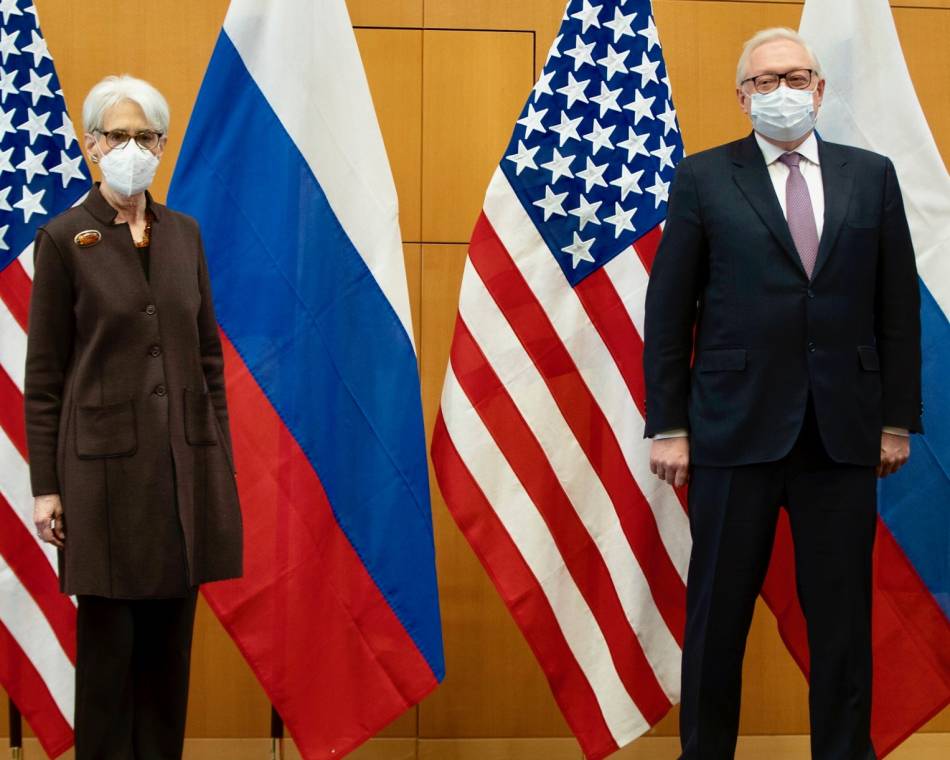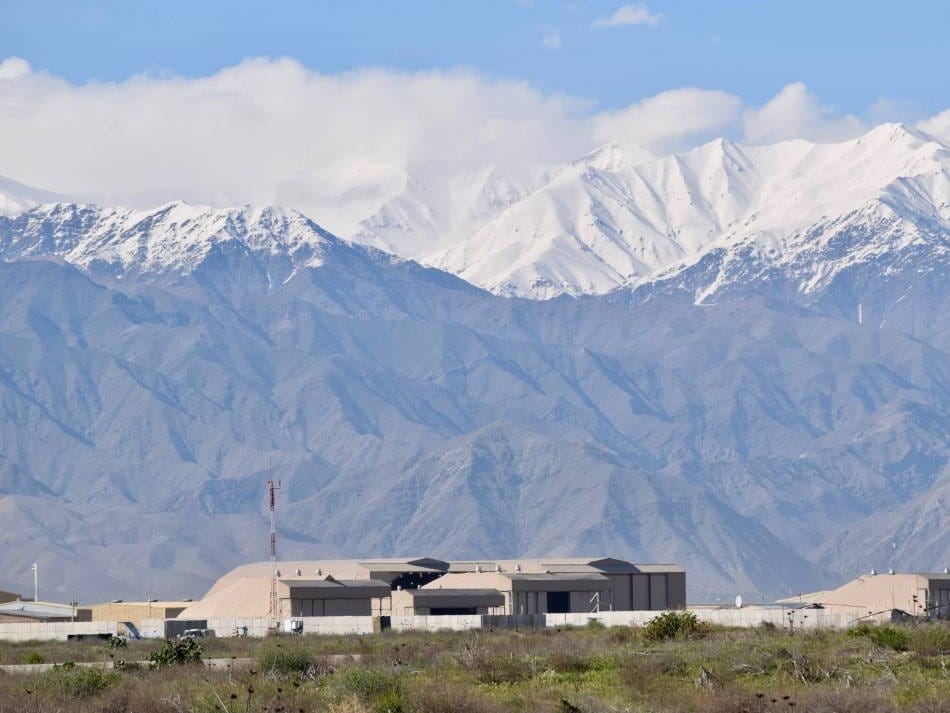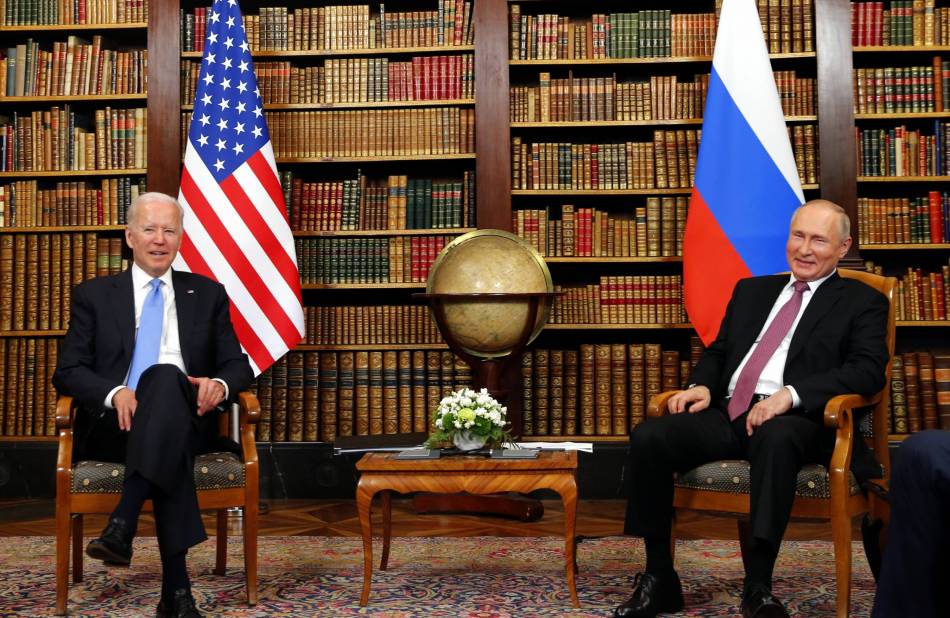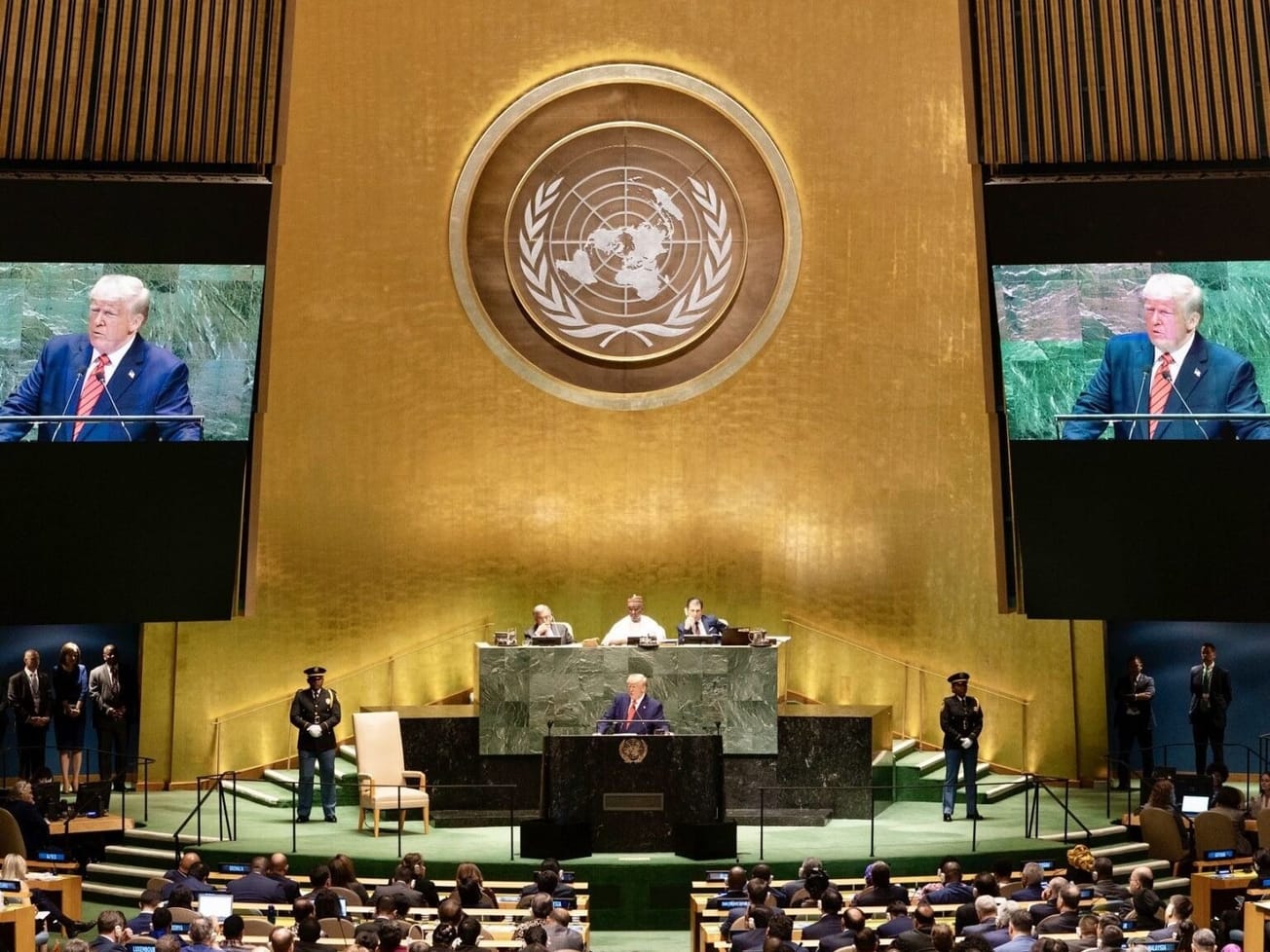
U.S.-Russia find little common ground on Ukraine at Geneva talks
Diplomats debated Russia's massive troop buildup around Ukraine, the first in a series of talks on Europe's security.
Already have an account? Log in
Diplomats debated Russia's massive troop buildup around Ukraine, the first in a series of talks on Europe's security.
A Swiss science diplomacy foundation wants to prevent a new Cold War from being fought over science and technology.
As the Taliban consolidates power, donors pledged to provide emergency aid for Afghans at a U.N.-sponsored fundraiser.
The U.N. health agency and other international organizations began airlifting emergency supplies to Afghanistan through neighboring Pakistan and its airline.
Humanitarian aid agencies and U.N. leaders scrambled to protect civilians in Afghanistan while calling on the Taliban to end fighting and provide assurances.
The U.N. approved a compromise to keep open Syria's last non-government controlled border crossing for aid.
With U.S.-Russia tensions nearing Cold War-era dimensions, the leaders turned to Swiss diplomacy to improve relations.
The United States pledged to restore aid to the Palestinians, almost two-thirds of it earmarked for UNRWA.
International donors contributed US$1.7 billion for people starving in Yemen, an amount that leaders of humanitarian organizations called disappointing.
The U.N. took up a proposal calling for cease-fires in conflict zones to allow deliveries of coronavirus vaccines.
Leaders fear the fall of a democratically elected government will trigger a human rights crisis as the junta returns to power.
Rich countries locked up most of the COVID-19 vaccine supply despite the COVAX Facility's efforts to provide equal access.
The first privately run spacecraft certified by NASA to fly people managed to dock with the International Space Station.
Election observers say the U.S. president's 'baseless allegations' of voter fraud erode public trust for democracy.
The U.S. persuaded seven nations to sign agreements for cooperating and extracting resources from the Moon's surface.
The television personality-turned-politician has burnished his brand at the expense of the United Nations for some time now.














